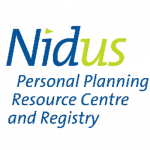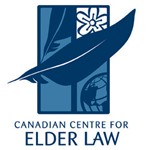Improve your online safety
Today is Safer Internet Day (SID). 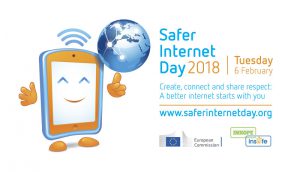 We wanted to showcase an online tool that can provide practical advice for safer internet use — for everyone.
We wanted to showcase an online tool that can provide practical advice for safer internet use — for everyone.
Security Planner provides recommendations on implementing basic online practices, such as: enabling two-factor authentication on important accounts, making sure software stays updated with the latest bug fixes, and using encrypted chats to protect private communications.
This is a project of the Citizen Lab, an interdisciplinary group based at the Munk School of Global Affairs at the University of Toronto. Security Planner recommendations are made by a committee of experts in digital security and have gone through a rigorous peer review evaluation of experts from universities, nonprofits, and the private sector.
The people at Citizen Lab realize that “we now count on digital tools to keep our information safe and a growing slice of our private life…private. There are big questions about whether the devices and services we use respect our privacy and if they adequately safeguard our information. Has a good balance been struck? Many of us are not sure. It is easy to feel overwhelmed by the challenge of how to be safer online.”
We went inside the Security Planner tool in order to show you what to expect. Take a look:

The main page gives you a clear call to action to start.

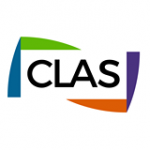
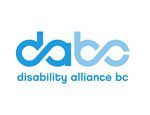
 Legal Services Society
Legal Services Society